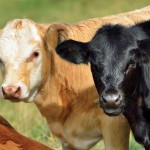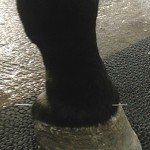The chance that your horse might require surgery for colic is low, very low, yet mentally entertaining the possibility and having a game plan could make a difference for you and your horse. The reason for this is simply because a successful outcome to colic surgery is time sensitive. While deciding to do colic surgery







